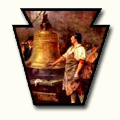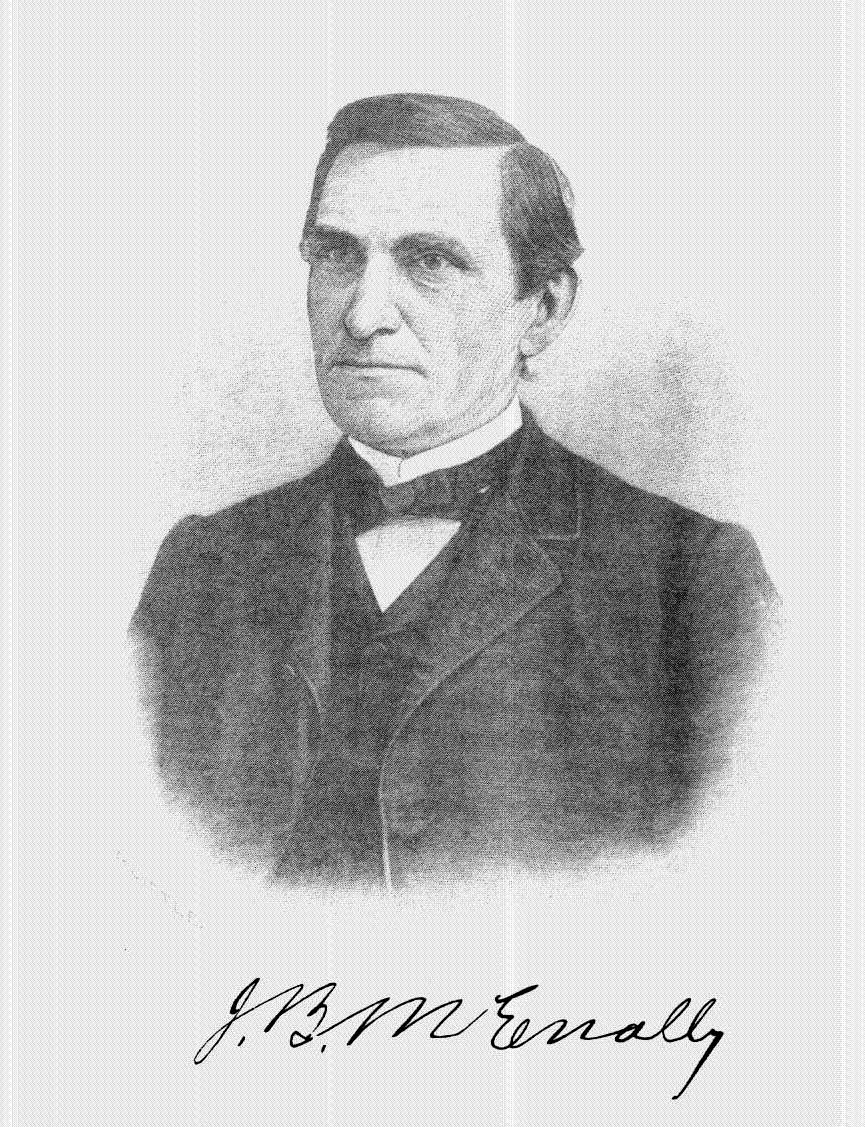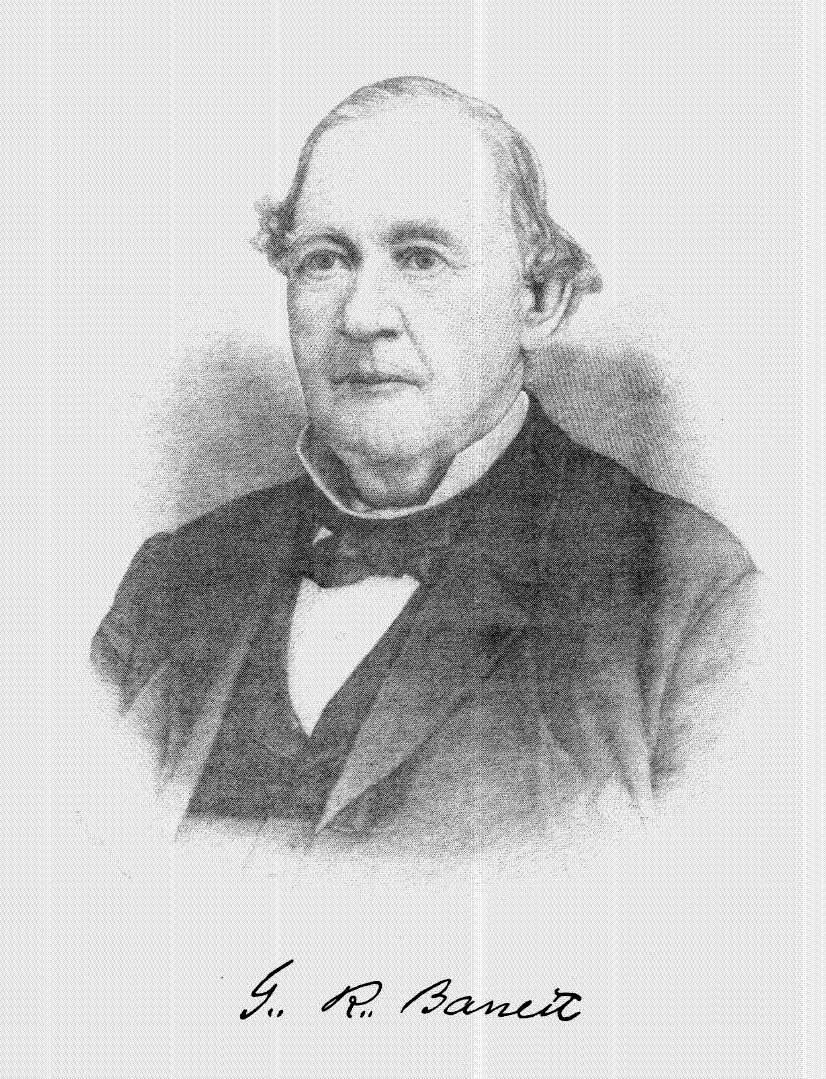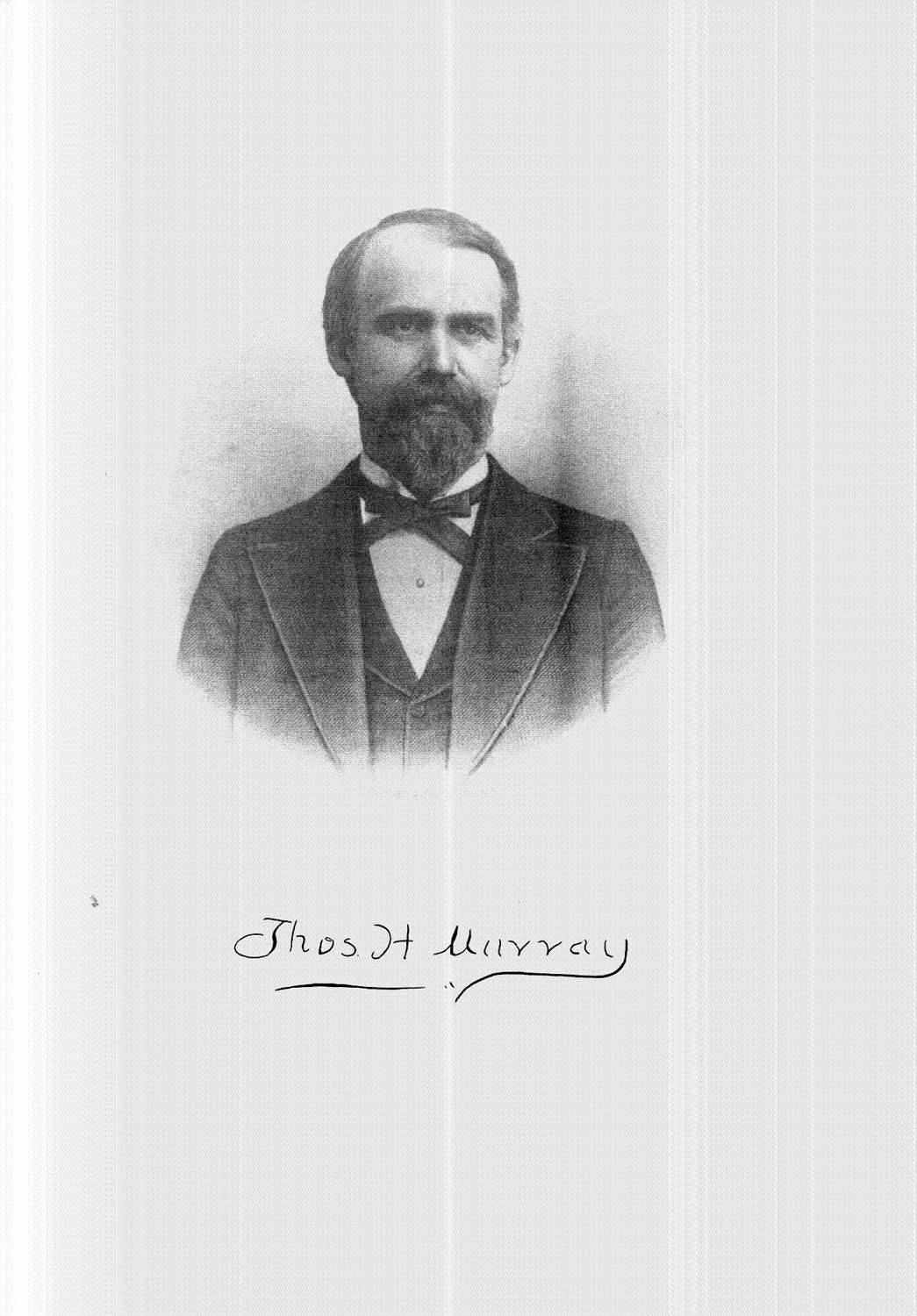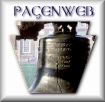| |
Page 254 HISTORY OF CLEARFIELD
COUNTY.
George D. Hamer was born in Freeport,
Armstrong county, June 21, 1855. He graduated from Mount Union College in 1873 ;
read law with Coulter & Martin, esqs., of Parker City, Pa., until 1875, when he
moved to Butler and completed his studies with L. Z. Mitchell, esq., and was
admitted to the bar June 6, 1876. Mr. Hamer practiced law in Butler county until
1880, when he came to Du Bois and was admitted to the bar of Clearfield county
in March of that year. In addition to his law practice, Mr. Hamer has engaged
extensively in lumbering and building.
Truman Ames was born in the town of Antioch, Lake
county, Ill., June 25, 1851. In 1872 he attended the State Normal School at
Mansfield, Tioga county, Pa., and continued there about eighteen weeks. He
again, in 1873, entered the school and graduated there from in June, 1874. In
the fall of 1876 he commenced the study of law with Hall & Ames, St. Mary’s, Elk
county, but was obliged to leave in the following spring on account of poor
health. In 1878 Mr. Ames resumed study in the office of H. T. Ames, esq.,
Williamsport, and was admitted to the Lycoming bar in May, 1880. Truman Ames
came to Du Bois in February, 1881.
William Irvin Shaw, born at Clearfield March 20, 1860,
attended lectures at Yale Law School, and read law with Murray & Gordon, esqs.,
and was admitted to the bar in June, 1882. Mr. Shaw is now practicing at
Houtzdale, Clearfield county, Pa.
Arthur Le Roy Cole, born in Potter county, Pa.,
December 24, 1857, read law with Olmsted & Larraber, esqs., at Coudersport,
Potter county, and was admitted to the bar in June, 1881. Mr. Cole located at Du
Bois in October, 1881.
Allison 0. Smith, born October 23, 1857, in Montour county,
Pa. ; attended University of Pennsylvania two years, read law with Redding,
Jones & Carson, esqs., and also with Oscar Foust, of Northumberland county, and
was admitted to the bar at Philadelphia in June, 1882, and came to Clearfield in
September, 1882.
W. Clarence Pentz, born in Brady township, Clearfield
county, May 9, 1858 ; read law with Frank Fielding, esq., of Clearfield, and was
admitted to the bar in September, 1882. Mr. Pentz began practice at Du Bois,
August 15, 1883.
Martin Luther McQuown was born in Indiana
county, January I8, 1852 ; read law in the office of Murray & Gordon, esqs.,
of Clearfield, and was admitted to the bar in June, 1883. Mr. McQuown was elected county superintendent in 1878, and re-elected in 1881. He was chosen chairman of the
Republican County Committee in 1856, and reappointed for the year 1S87.
George Washington Easton, born in Clinton county May 16, 1860 ; read
law with Wallace Sr Krebs, and was admitted to the Clearfield bar in June,
1853.
|
|
